For Education Leaders
Get proven strategies and expert analysis from the host of the Learning Can't Wait podcast, delivered straight to your inbox.
Virtual Resource Rooms
Compliant IEP Support Without Staffing Headaches
- Certified SPED teachers for every goal
- Seamless schedule integration & progress dashboards
- Real-time data for reviews & compliance
IEP & Special Education Advocate: A Comprehensive Guide

Special education advocates, commonly referred to as IEP advocates, play a crucially important role in the special education process for children with disabilities within the US education system. Although they are not required to be a part of the IEP team by law, in many cases they fill a major gap between special ed recipients (students and parents) and special ed providers (public schools and school districts) to ensure effective communication, efficient collaboration, and - most of all - constructive and fruitful special education plans tailored to the specific needs of each child.
This comprehensive guide covers everything that parents, guardians, special education experts, teachers, and school admins need to know about the special ed advocate position. This will help you understand the ways in which hiring an IEP advocate can help you and your child as well as how to choose the right professional for your particular situation.
If your district is facing difficulties in filling special education teacher vacancies, check out Fullmind IEP Support and Virtual Resource Room services. We provide state-certified, highly qualified K-12 SPED teachers for virtual instruction and support tailored to the unique needs and requirements of each child.
What an IEP Advocate/Special Education Advocate Is
While the terms special education advocate and IEP advocate are frequently used interchangeably, they denote two slightly different roles in the space of special education. The common is that both of these advocates provide specialized support to students with disabilities and their parents/guardians and work tirelessly to ensure that the education rights of disabled children are fulfilled with the expected level of quality and appropriateness.
In terms of differences, a special education advocate is a broader term which signifies anyone who works to protect the rights of all students who need any form of special education due to a wide range of disabilities. This includes individuals who do advocacy work in the field of Individualized Education Programs (IEPs), 504 plans, disciplinary issues, and other types of special ed accommodations.
Meanwhile, an IEP advocate is a more narrow term that refers to an advocacy expert who focuses on working with students who require IEPs in specific because of having one of the 13 categories of qualifying disabilities under the Individuals with Disabilities Education Act (IDEA). This means that all IEP advocates are special education advocates, but not all special ed advocates are IEP advocates.
It is important to highlight that special education advocates are not attorneys and do not need to have a degree in law. They can come from many different educational backgrounds as there are no specific requirements regarding their educational attainment. What they need to have instead is a deep knowledge and understanding of applicable special education laws and regulations, the rights of students with disabilities, the available tools and mechanisms to provide adequate education, and the present financial and other resources at the disposal of children, parents, schools, and districts.
What an IEP Advocate Does
Special education advocates play a crucial role in providing adequate, quality education to children with special needs while also offering much needed practical and even emotional support to them and their parents/guardians when navigating the complex maze of special education. While special education is the right of any child with a disability, policies and processes are not easy and clear enough for most families to manage on their own, on top of having to take care of the basic needs of a disabled child. Though having an IEP advocate is not a must from a legal point of view, they prove to be of indispensable help by filling a major gap between families of students with disabilities and relevant institutions.
The tasks that special ed advocates handle are many and vary depending on the specific situation and the needs of the child and the family and the type of special education to which they are entitled.
Still, the most common things that an IEP advocate does include:
- Inform parents what specialized instruction and accommodations to teaching methods their child has the right to depending on their disability and the way in which it impacts learning
- Offer information about all rights and provisions under federal, state, and district laws pertaining to students with disabilities and special education
- Clarify applicable processes and procedures with the necessary level of detail for families to understand in full
- Help parents/guardians make sense of the prevailing jargon and terminology, including concepts such as special education, IEP, 504 plan, IDEA, FAPE, and many others
- Support parents/guardians in writing and submitting required letters to the school and district to request an IEP evaluation or reevaluation or regarding all other issues
- Ensure smooth and effective communication between the parents and the other members of the IEP team (mostly school and district representatives)
- Attend IEP meetings or 504 plan meetings to assist families
- Interpret IEP and special education evaluations on behalf of parents and provide necessary clarifications and explanations
- Assist in the setting up of annual goals for IEP documents in line with the child’s state and capabilities
- Review the IEP document or 504 plan, ensure that it is legally compliant and appropriate for the child’s needs, and explain all provisions to the family in a clear and understandable manner
- Advocate for needed adjustments, accommodations, therapies, and supports
- Recommend appropriate special education specialists, experts, therapists, service providers, schools, and other professionals based on the specific needs of the student
- Provide consultations on relevant assistive technology to support the education process
- Fight for the child’s right to remain in an inclusive environment (attending a general education classroom, participating in extracurricular activities, and interacting with peer students) as long as their disability allows
- Help monitor progress towards established goals and offer recommendations for necessary adjustments to stay on track
- Offer help in dispute resolutions between the family and the school (Although legal representation of the parents in a dispute with the school is within the domain of special education attorneys, advocates can provide guidance and assistance in managing such a situation.)
- Cooperate with special education attorneys in case a situation that requires a lawyer’s intervention arises
- Provide emotional support to parents of children with disabilities and connect them with available support networks and organizations
In brief, IEP advocates provide practical assistance in a number of activities to empower parents of children with disabilities to make sure that they get access to the education services and processes that best align with their situation and needs. In this way, they take major weight off the shoulders of parents/guardians to relieve stress and leave them with more time and energy to focus on supporting their child rather than handling bureaucracy and documentation.
What Qualifies a Special Education Advocate
Though this might come as a surprise, in the US there are no federal or local laws that stipulate certain educational, training, licensure, or credentialing requirements for special education advocates in general and IEP advocates in specific. They do not need to hold a degree in law or any other specific field, unlike special education attorneys. They don’t need to have a license or a certificate, contrary to general K-12 teachers and special education teachers.
Based on this lack of requirements in the legal framework, IEP advocates come from many different educational and professional backgrounds. Many of them are special education teachers or specialists, but this is not a must. Other popular backgrounds include law, social work, and psychology. Oftentimes parents of children with disabilities become advocates, using their personal experience, struggles, and success stories to help fellow parents. Depending on their skills and qualifications, parents can become their child’s own advocate after educating themselves on appropriate legal regulations and available options.
Having said that, there are various organizations, networks, and companies that provide specialized training and certification for IEP advocates. While this is not a legal requirement, advocates who have undergone formal training might be better suited to help and support families with strategies, approaches, and services based on best practices in the field.
Meanwhile, the most important qualifications and characteristics of those providing advocacy for students with disabilities and their parents cover:
- In-depth knowledge of federal, state, and local laws and policies on special education including but not limited to IDEA, Section 504 of the Rehabilitation Act, and the Americans with Disabilities Act (ADA)
- Understanding of applicable categories of disabilities that qualify a child for an IEP, a 504 plan, or another type of special ed and the impact they have on the education process
- Detailed knowledge of the school district special education programs, available services and supports, and financial and other resources
- Passion for helping children with disabilities and their families
- Strong advocacy, communication, negotiation, problem-solving, and interpersonal skills
- Unlimited patience and empathy
- IEP or special education advocate certificate (Even though this is not required by law, advocates who have done formal training might be better fit to help families of children with disabilities).
- Experience in working with the specific school district and/or school (not a must but highly recommended)
- Proven track record of successful advocacy work for students with IEPs
In sum, a special ed advocate is someone who is not only familiar with the provisions of the legal framework but also has the compassion to support disabled children and their families and endless energy to do that.
Who Needs a Special Education Advocate
Special education advocates can offer vital practical assistance and emotional support to a wide range of children with disabilities and their parents/guardians.
The groups of beneficiaries who typically get the most value from hiring an IEP advocate include:
- Parents/legal guardians of students with newly discovered disabilities who are just getting started with the IEP process
- Families of disabled children with limited to no legal background and experience
- Parents of students who are moving to a new school or district and need to ensure an undisrupted continuation of the special education plan in line with the services, resources, and accommodations available at the new institution
- Families of children with overly complex medical situations including multiple disabilities that have a major negative effect on the education process and outcomes and demand homebound schooling or hospital-bound instruction
- Students who are not adequately advancing academically, behaviorally, socially, and emotionally in spite of having an IEP, a 504 plan, or another special ed accommodation
- Students who are experiencing discriminatory practices or unfair treatment including inadequate placement because of their disability
- Students with recurring behavioral and disciplinary problems that might be attributed to improper special education adjustments
- Families who disagree with the provisions of the IEP document or the 504 plan as they don’t seem to appropriately address the needs of their child
- Parents/guardians who believe that their child needs further supports than the ones included in the special education plan, such as modified instruction, different placement, and additional therapies
- Parents who are facing troubles in communication with the district, the school, and/or the IEP team
- Students and families that are feeling overwhelmed and need emotional support to achieve progress in education
With that in mind, there is no limit on the types of children with disabilities and their parents who can reach out to special education advocacy service providers. Every student and family with disabilities impacting their education has the right to hire an advocate to work on their behalf.
How Much a Special Education Advocate Costs
Typically, IEP advocates charge an hourly rate which can vary between $50 and $300+/hour. The average rate is around $150/hour. A family needs an average of 10-15 hours of special education advocacy, which adds up to a typical total cost of $1,500-$2,250. More complicated cases might require additional support, so the cost might exceed $4,000-$5,000.
Still, advocates have significantly lower hourly fees than attorneys, whose rates can reach $500+/hour, while the former provide more diverse services as long as no legal litigation is required.
There are a number of factors that affect the cost of special ed advocates including:
- Location including the state, city, and district
- Educational background and credentials
- Years of experience
- Services and support provided
- Number of hours required
Hiring an IEP advocate can result in major costs to the families of children with disabilities, but there are some affordable and free options to benefit from such services. Some non-profit organizations offer free or very affordable advocates, while others specialize in training parents to be their own advocates to protect the rights and interests of their child without the need to hire a professional. The latter is a sustainable long-term alternative to ensure that your child’s rights to education are continuously addressed and met.
Where to Find an IEP Advocate
Parents and guardians of students with disabilities can find special education advocates in an array of ways.
The more and less traditional ways of locating the best IEP advocacy services for your child’s needs are:
- The Council of Parent Attorneys and Advocates (COPAA): COPAA is a large-scale, national, non-profit organization bringing together special education attorneys, advocates, parents, and associated professionals to serve the needs of the 8 million children with disabilities in the US. The COPAA website has an online directory where families can search for an advocate in their location based on different filters.
- Wrightslaw Special Education Law and Advocacy: Wrightslaw serves as a major online database for special education resources for parents, teachers, advocates, and attorneys. Parents/guardians can use the website to look for qualified IEP advocates.
- State Special Education Parent Training and Information Center: State Parent Training and Information Centers are a special program of the U.S. Department of Education that provides parents not only with relevant information on where and how to find the right advocates but also with training in becoming their own child’s advocate for those willing to do so.
- Specialized online directories: Parents can use online directories that focus on special ed service providers to search for advocates that work in their city and school district.
- State and local special education advocacy groups: There are dozens of local organizations of special education professionals and advocates who come together to provide various types of support to the families of children with disabilities. They are usually highly qualified to recommend good IEP advocates.
- Consultation with the district and school special education experts: While some schools and districts would rather not involve special ed advocates, others are happy to accommodate the presence of an advocate throughout the IEP process to boost outcomes for students. In some cases, district and school special education program coordinators, teachers, paraprofessionals, or simply parents of students with disabilities are able to direct families towards the top advocates in the area.
- Special education non-profit groups: There are independent, non-profit groups and organizations that provide highly affordable or even free advocacy services to disadvantaged families who cannot afford to pay the hefty IEP advocate fees.
- Word of mouth: Sometimes the best way to find a special education advocate is to talk to parents in your area and ask for referrals. Consulting with those who have already gone through what you are going through offers many important benefits, such as first-hand recommendations and feedback, practical tips on how to choose the right advocate, how to get the most benefit from working with them, and additional support network for parents of children with disabilities.
- Local special education attorneys and legal clinics: Even if you are not looking to hire a legal attorney, you can talk to lawyers who specialize in special education services in the local area as they are likely to be familiar with related professionals, such as advocates, and be able to recommend good ones.
- Local support groups for families with disabled children: There are hundreds of grassroots online and in-person advocacy groups organized and run by parents of disabled children that meet to support each other in various ways, including guidance on where to find the best special education advocates.
- Family and friends: Since there are no legal requirements for the credentials and qualifications of special education advocates, parents can turn to their own network of family members and friends to find good supporters there. Indeed, anyone who is knowledgeable about special ed laws, rights, and provisions and who is willing to help you and your child get the education that they deserve can be your advocate. Family and friends with strong legal backgrounds, special education experience, and passion for advocacy work can be strong candidates for the position of an IEP advocate.
It’s usually best to look for special education advocacy services in a few different ways to be able to choose the most qualified professional for your family’s specific needs. In addition, you can choose to get training via a state-based Parent Training and Information Center or another qualified organization to be your own child’s IEP advocate. After all, no one is more familiar with your child’s specific needs and more ready to fight for their rights than you are.
How to Hire the Best Special Education Advocate in 12 Steps
Selecting and hiring the right IEP advocate is of critical importance to ensure that your child’s rights to free appropriate public education (FEPA) are addressed in the best possible way. Besides finding someone who has extremely good and detailed knowledge about federal and local regulations and services, you also need to locate an expert that you and your child feel comfortable with and well-taken-care-of by. Thus, you must put the necessary effort into hiring the best special education advocate available in the area.
The steps that go into finding the right advocate include:
- Identify your family’s advocacy needs based on your child’s disability: First and foremost, decide on the type of advocacy services that you need according to your child’s situation. If your child has one or more of 13 IDEA qualifying disabilities that prevent adequate education outcomes, you need to look for an IEP advocate. If your child’s situation is less severe, a general special education advocate would be more appropriate. Your need analysis should guide the process of finding and hiring the right advocate.
- Set up a budget: Work out how much you can afford to spend on an IEP advocate based on your income, savings, and additional expenditures related to having a child with disabilities. Keep in mind that free options are frequently available through non-profit organizations.
- Research different options to access advocacy services: Check out a number of different places where you can find advocates from the list above. Use both online and in-person and national and local resources as they offer unique advantages.
- Connect with a few potential advocates and ask for specific information: Get in touch with a few advocates that seem to be a potentially good fit based on your research. Ask them to provide additional information about their background, specialization, experience, and success stories.
- Interview a couple of short-listed candidates: Schedule interviews with a few advocates that seem to be the closest match to your needs. Come to the interview prepared with a list of questions (to be discussed shortly) that will help you compare qualifications and choose the best one.
- Verify selected candidates’ credentials and experiences: Check different sources to confirm the qualifications and credentials that top advocates claim to have. Although there are no legally required attainments, many special education advocates hold certain certifications and licenses.
- Schedule a consultation: Ask for a consultation with the top 2-3 candidates to discuss your child’s unique situation and get a feeling of what each advocate might be able to do for you and your child. Many advocates offer a free initial consultation, while others will charge a fee for this. It’s a good idea to bring your child to the consultation after coordinating this with the candidate to make sure that your child feels relaxed around them and that the advocate has the necessary personal skills to accommodate the specific communication and other needs of your child.
- Ask to talk to past clients: Ask to be connected with a few families that have worked with the advocate to inquire about their experience and get their feedback. Professionals who are certain of their skills and abilities should have nothing to hide and should be willing to provide references. Of course, parents first need to agree to be contacted by you, but most families of children with special needs are more than happy to support other parents in similar situations.
- Get a quote: Once you’ve selected your favorite advocate who not only has the right qualifications and experiences but also seems to understand and click with you and your child, ask for a quote. You can try to negotiate the fees based on the services that you need and the scope of work.
- Choose the best special education advocate: Select the right advocate and inform them of your decision to work together as well as the required starting date (usually immediately).
- Sign an agreement: Sign a written special education advocacy service contract that outlines the responsibilities and the fees of the expert. This agreement will act as the legal framework for your cooperation with the specialist.
- Track progress: As soon as you start working with the IEP advocate, start monitoring the progress of your child in terms of academics, behavior, and socio-emotional performance. The purpose of hiring an advocate is to enhance the education outcomes of your child. If you think that progress is insufficient, you need to talk to the advocate and look for ways to correct the situation. Worst comes to worst, there is nothing wrong with changing your advocate to make sure your child’s education rights are met in the appropriate manner.
Going through these 12 steps will ensure that you hire the right person to protect the legal rights of your child with a disability and offer you the practical and emotional support to handle this challenging process.
What Questions to Ask When Choosing an IEP Advocate for Your Child
When searching for a special education advocate, you should go to the interview well prepared, with a comprehensive list of questions that will help you evaluate the formal qualifications of the candidate as well as their fitness to your specific situation.
The must-ask questions include:
- What is their educational background and special education (advocacy) training?
- How familiar are they with IDEA, 504 Section, ADA, and other relevant federal, state, district, and local laws and regulations? How did they gain their legal knowledge?
- What categories of disabilities do they focus on?
- What types of special education advocacy do they specialize in: IEPs, 504 plans, etc.?
- What specific special education advocacy services do they provide?
- For how long have they been advocating in the field of special education rights?
- Have they worked with your school district and school?
- How do they handle communication with the district, the school, and the IEP team?
- How do they see their role in IEP meetings?
- What is their preferred approach with schools: More collaborative or more aggressive?
- What is the role of parents in the IEP process?
- What methods and tools do they use to keep parents educated, informed, and up to date on the process?
- Who is responsible for keeping records of relevant communication with institutions and documentation?
- What strategies and tactics do they apply to handle difficult situations and overcome an impasse?
- What techniques do they use when schools or districts seem unwilling to accommodate the special education plan to the specific needs of the student?
- What experience do they have in working with situations similar to the one that you and your family are facing?
- Do they have experience in managing disputes? What tactics do they apply?
- Do they have experience collaborating with special education attorneys? When has this been necessary? Do they work with specific attorneys?
- What are some success stories in their career?
- What are some specific examples of challenging circumstances that they have been able to overcome?
- What resources do they have available to provide additional support to parents and students: Membership in networks, affiliation with special ed service providers, etc.?
- What is the estimated timeframe for handling the situation? How long will it take before your child is ready to get started with their IEP or 504 plan?
- How much do they charge? How are their fees determined? What is included in billable hours? Are there any additional fees, such as letter drafting, document review, meeting attendance, etc.? What is the overall cost range that you can expect?
- What does the payment schedule look like?
- Can they provide the contact information of past clients who’d be willing to testify to their work and skills?
When interviewing potential candidates for special education advocates, it’s important to get precise answers to these key questions to be able to measure the level of qualification and skillfulness of the specialist. However, it’s equally important to utilize your people skills to evaluate the degree of match between the advocate, on the one hand, and your and your child, on the other hand.
Remember that the special education process is very emotionally intense and trying, so you need to get all the support that you can. A major part of this is cooperating with an advocate who is understanding, patient, sensitive, caring, and reassuring. They have to click well both with you and with your child to minimize stress and maximize outcomes.
What Traits to Avoid in a Special Education Advocate
In addition to knowing what to look for when hiring an IEP advocate, it’s also key to know what to avoid when choosing a specialist.
Here are 10 red flags that parents should avoid at all costs when selecting the right advocate for their child’s needs:
- Lack of background and experience in special education advocacy: Whereas there is no required education, training, or certification for this position, successful advocates have in-depth knowledge about legal issues and years of practical experience in the field. Qualifications and experiences should be provable, and good advocates should be able to explain complex concepts in simple terms that parents comprehend. Otherwise, there’s no need to hire a professional and pay money.
- Advocates who are too rigid in their practices with not enough degree of flexibility: While the work of special ed advocates should be based on best practices in the space, they should be willing and able to adapt their work to each specific situation. There is no one-size-fits-all model when it comes to special education advocacy.
- Advocates who are too technical and have poor interpersonal skills: IEP advocates need to demonstrate sufficient knowledge and skills, but they also need to be humans, not robots. They have to be able to adapt to different circumstances and communication styles to effectively serve children with various disabilities and their families.
- Overly aggressive practices treating schools as enemies rather than partners: Advocates should be firm in order to achieve the family’s goals with regards to their child’s special education plan, but they have to work in the spirit of collaboration and cooperation with the school and district until this proves to be absolutely impossible. Avoid advocates who threaten with disputes and legal cases right away, before trying to work out a peaceful resolution.
- Overconfidence and overpromising: A big red flag is an IEP advocate who offers guarantees and promises to deliver certain results. While you hire a professional to help you get what you can’t get yourself, you should opt to work with someone who is down to earth, aware of all possible outcomes, and willing to modify their strategy along the way to get where they need to get.
- Inability to get in touch: Avoid hiring an advocate who is impossible to connect with, who never picks up the phone, and who never responds to emails. You need to be able to get in touch with your advocate within a reasonable timeframe in order to be able to cooperate effectively and efficiently.
- Refusal to provide past client references: Do not hire an advocate who doesn’t want you to talk to their previous clients. This is a clear sign that they have something to hide and are not comfortable with past experiences and cases being shared with new potential clients.
- Unclear pricing structure: You should stay away from advocates who are not able or unwilling to provide you with a clear fee schedule that outlines all applicable rates and costs. You need to know how much you will have to pay for the advocacy services that you get. Hidden costs are a major red flag.
- Excessively high fees: The hourly rates that an advocate charges are not necessarily an indication of their skills and capabilities. Opt for a specialist that you can afford to work with for as long as needed in order to get the best benefit for your child.
- No written service provision agreement: Another thing to avoid is the lack of a formal, written contract that outlines the rights and responsibilities of all involved parties as well as the payment details. You need to have in writing what the advocate will provide and how much you will need to pay them for the services to be legally protected down the road.
By avoiding these red flags, you should be able to find a top special education advocate to protect the rights of your child.
12 Tips on Hiring and Working with an IEP Advocate
While selecting the best special education advocate might sound like a daunting task taking into account the many factors that go into the decision, you can make the process significantly more doable and manageable by applying proven tips from other parents and professionals in the field.
Following are 12 practical and useful tips on how to find and collaborate with an advocacy service provider for maximum benefits:
- Look for a qualified professional: Make sure that the advocate you choose to work with to defend the interests of your child has the necessary training, experience, and skills. These could have been obtained via formal courses on special education with focus on advocacy as well as through work with disabled students.
- Come ready to the interview: Take the interview as an opportunity to extract as much useful information about the expertise and the personality of the candidate as possible. Come with a list of written questions and go through as many of them as possible while also allowing for a naturally flowing conversation to ensure that the advocate is a good match.
- Involve your child in the selection process: It is the responsibility of the IEP advocate to protect the rights of your child, so your child should be engaged in the process of choosing the best person to do that. They should feel comfortable, relaxed, and taken care of in the presence of this individual.
- Check references: Don’t try to save time by skipping on connecting with and talking to parents who have already worked with your short-listed candidates. This is an important opportunity to learn the information that the advocate doesn’t tell you and that’s not available on their website. In particular, you can gain valuable insights into their communication and emotional support capabilities as well as their willingness to go above and beyond to protect your child’s right to education.
- Don’t underestimate the importance of interpersonal skills: Focus on the people skills of the advocate just as much as on their technical qualifications. You want to work with someone who understands you and your child, who can communicate effectively with a child with a disability, and who will do everything possible to collaborate with the school and the district rather than fight with them right away.
- Use a mix of objective and subjective criteria: In your selection of the most appropriate special education advocate for your family, don’t shy away from relying on subjective factors besides objective criteria. You and your family should have confidence in the person and believe that they will protect your child’s best interest for the process to yield the expected results.
- Trust your instincts: When choosing an IEP advocate, trust your guts. After all, you need a specialist who will not only follow the legal guidelines and implement available services but also support your family through this tough period.
- Don’t disqualify affordable and free options: Sometimes parents are able to find strong supporters among family and friends or at non-profit organizations without the need to hire a professional. It depends on your situation, needs, personal preferences, and - of course - budget.
- Have a trial period: Try to get started with a small assignment to gauge the skills of the advocate before committing to long-term contractual cooperation. The advocate might be a good salesperson who manages to sell their services without actually being such a good advocate.
- Remain personally involved in the special education process: Remember that the special ed advocate is someone who educates you, guides you, assists you, and supports you throughout the process, not someone who entirely replaces you. You - as the parent or the guardian - understand best your child’s specific needs and should work with the rest of the special education team to ensure they get access to the appropriate education they deserve.
- Question the methods and seek explanations: While working with the advocate, don’t hesitate to pose questions, ask for explanations and rationalization, and propose alternatives if you have any doubts in the process. A good advocate will hear you out, adjust their strategy if needed, or reassure you that their method is the right one if that’s the case.
- Don’t be afraid to switch advocates: If you think that your child is not progressing enough despite the IEP document or the 504 plan or you lose trust in the advocate, choose a new one. There is nothing wrong with changing specialists if you and your child are not getting the services that you are seeking.
These 12 proven do’s and don’ts of finding and hiring a special education advocate will not only make the process easier and more digestible but also ensure that you get to the desired results.
Bottom Line on IEP and Special Education Advocates
Special education advocates, also known as IEP advocates, provide much needed legal, technical, and emotional support to children with disabilities and their families to ensure that they receive the free appropriate public education that they have the right to under IDEA, Section 504, and ADA. While there are no specific educational and certification requirements, families should choose to work with specialists who are experts on applicable laws, provisions under the local special education support system, and resources available to the district and the school. In addition, they need to hire experts that the child and the parents feel secure and reassured with to maximize results.
Fullmind IEP Support and Resource Room services can help districts struggling with special education teacher shortages nationwide. We offer state-certified, highly qualified special ed teachers for grades K-12 for virtual resource rooms designed for the specific needs and requirements of each eligible student.
For Education Leaders
Get proven strategies and expert analysis from the host of the Learning Can't Wait podcast, delivered straight to your inbox.
Let’s Work Together
We’ll review your application and get in touch!



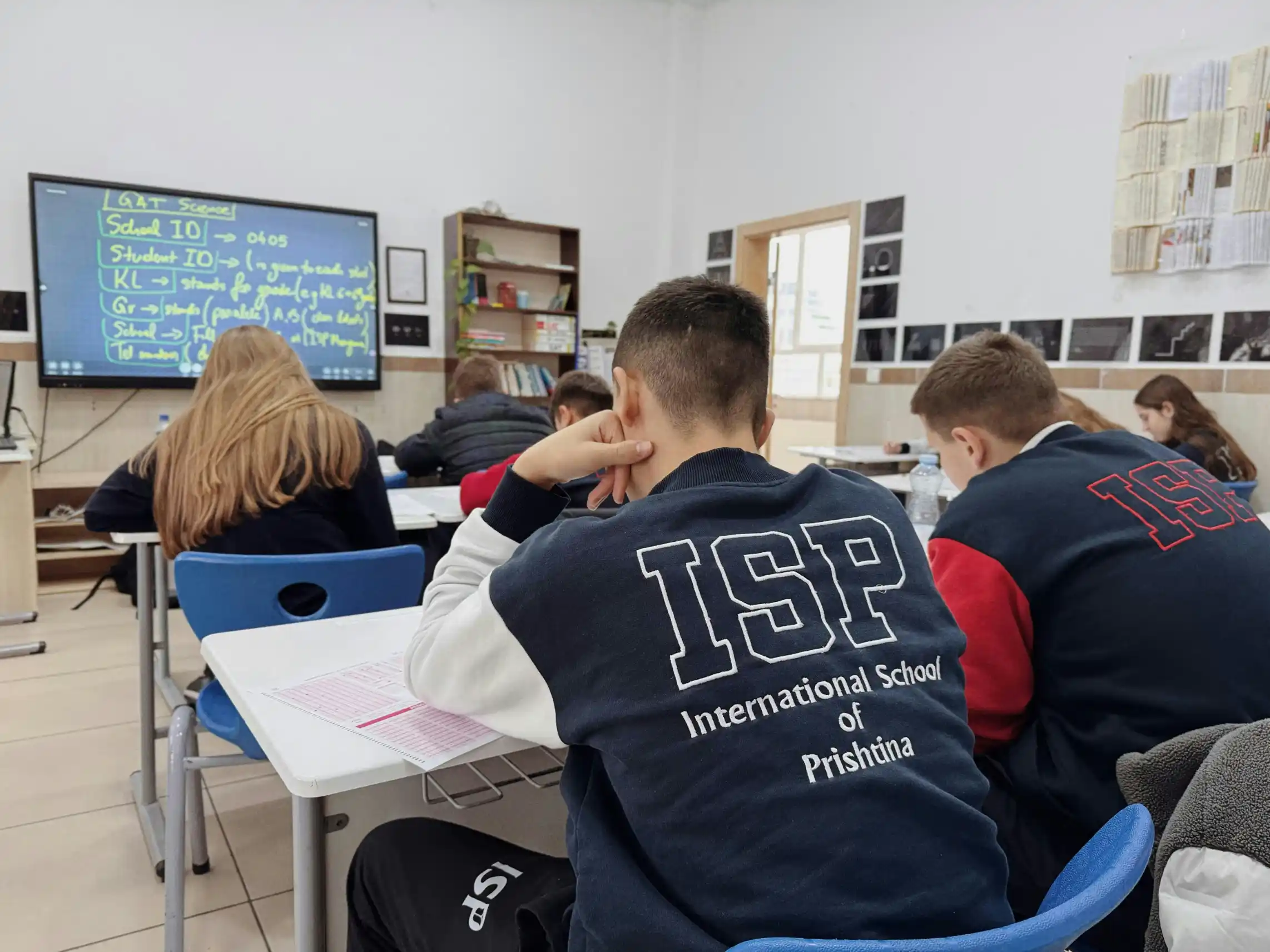
.webp)
.webp)


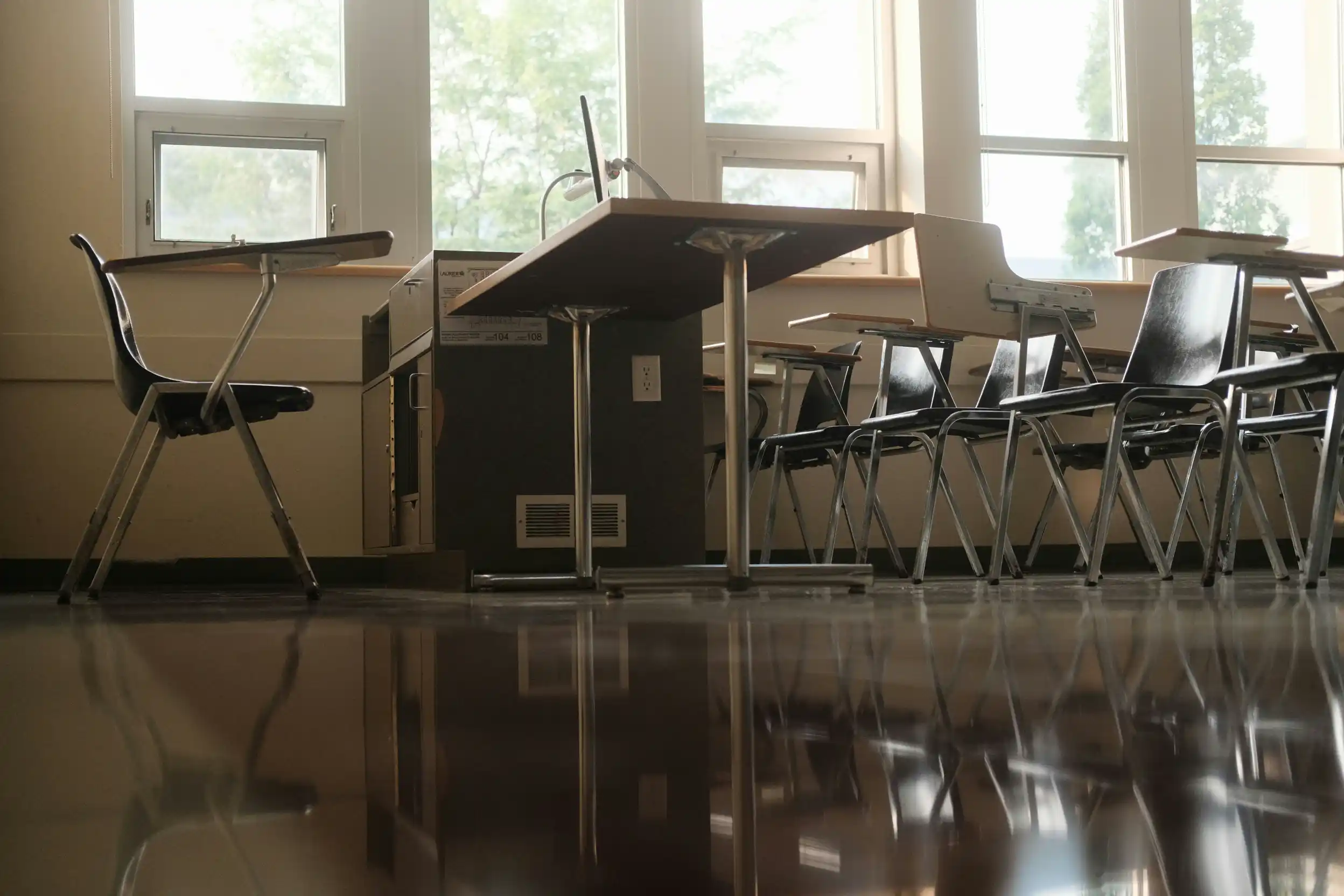
.webp)



.webp)
.webp)


.webp)
.webp)
.webp)




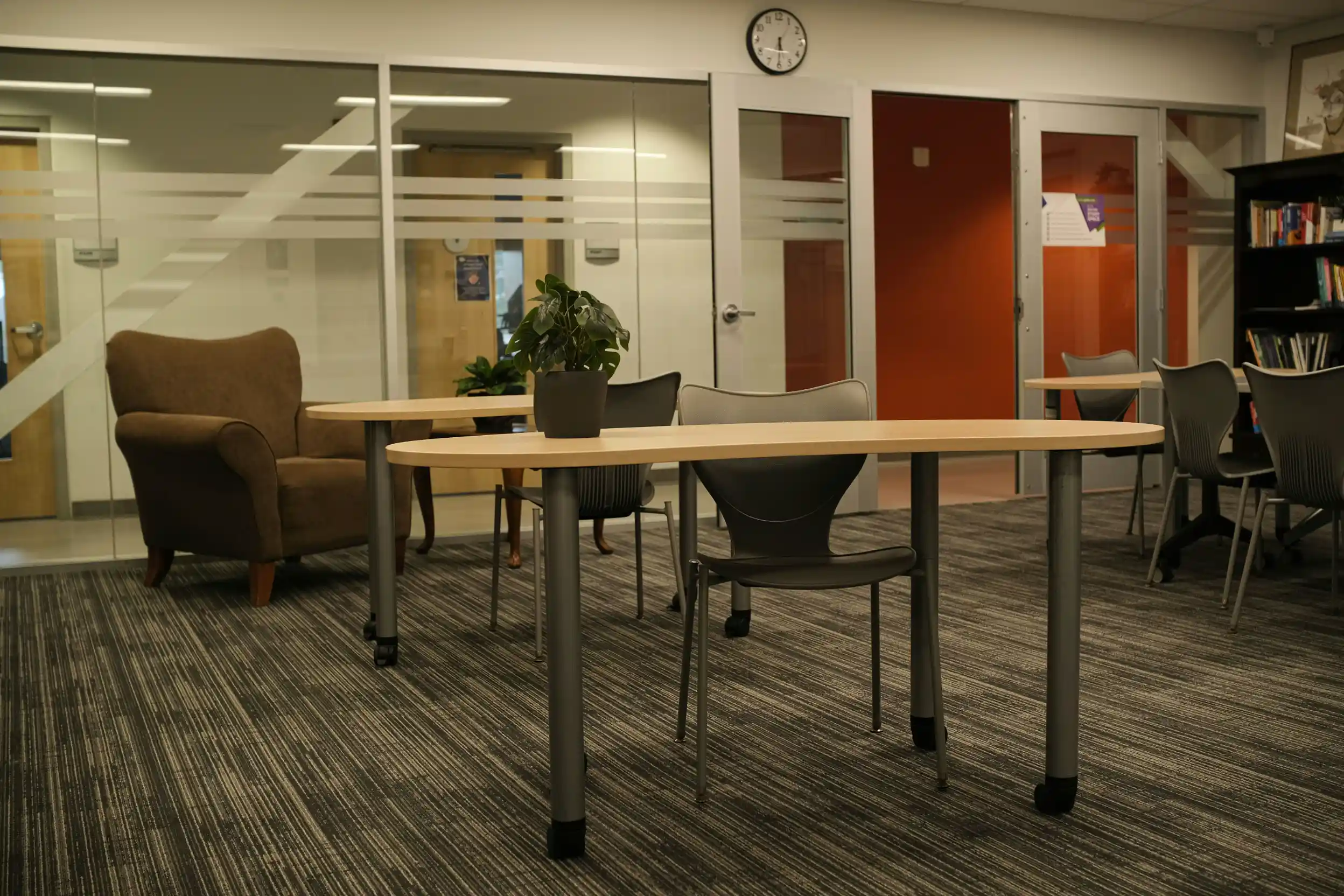
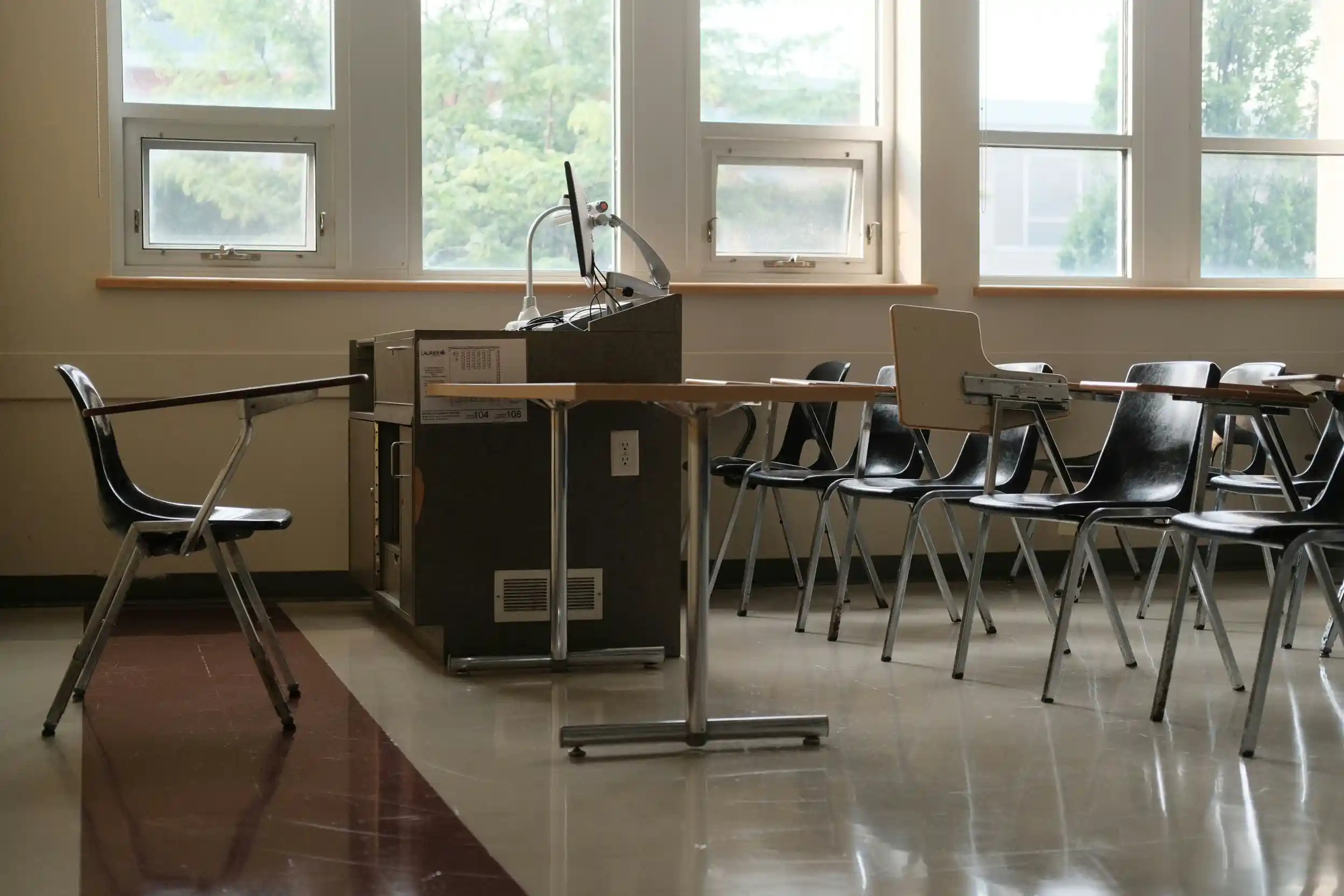


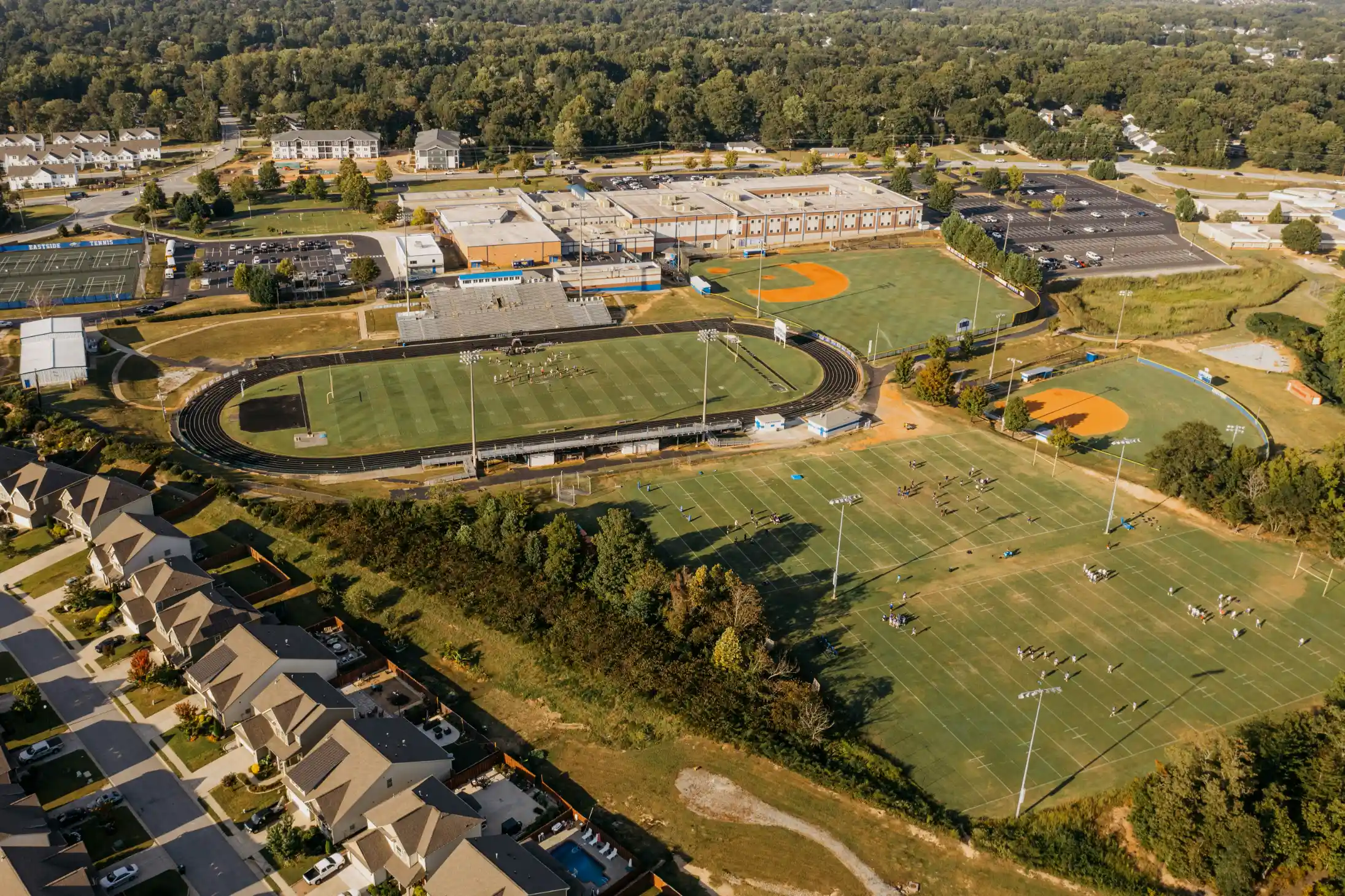
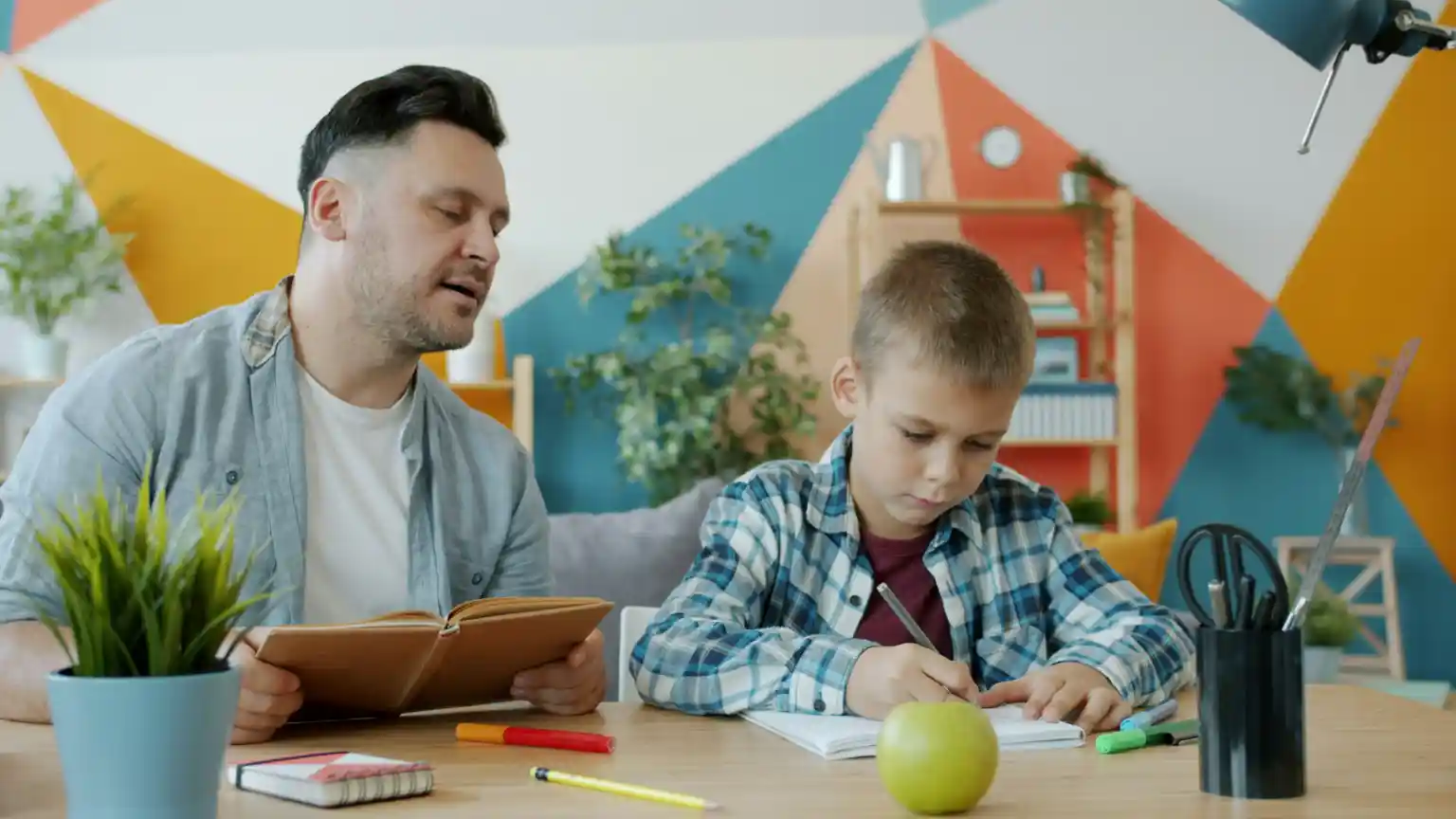





















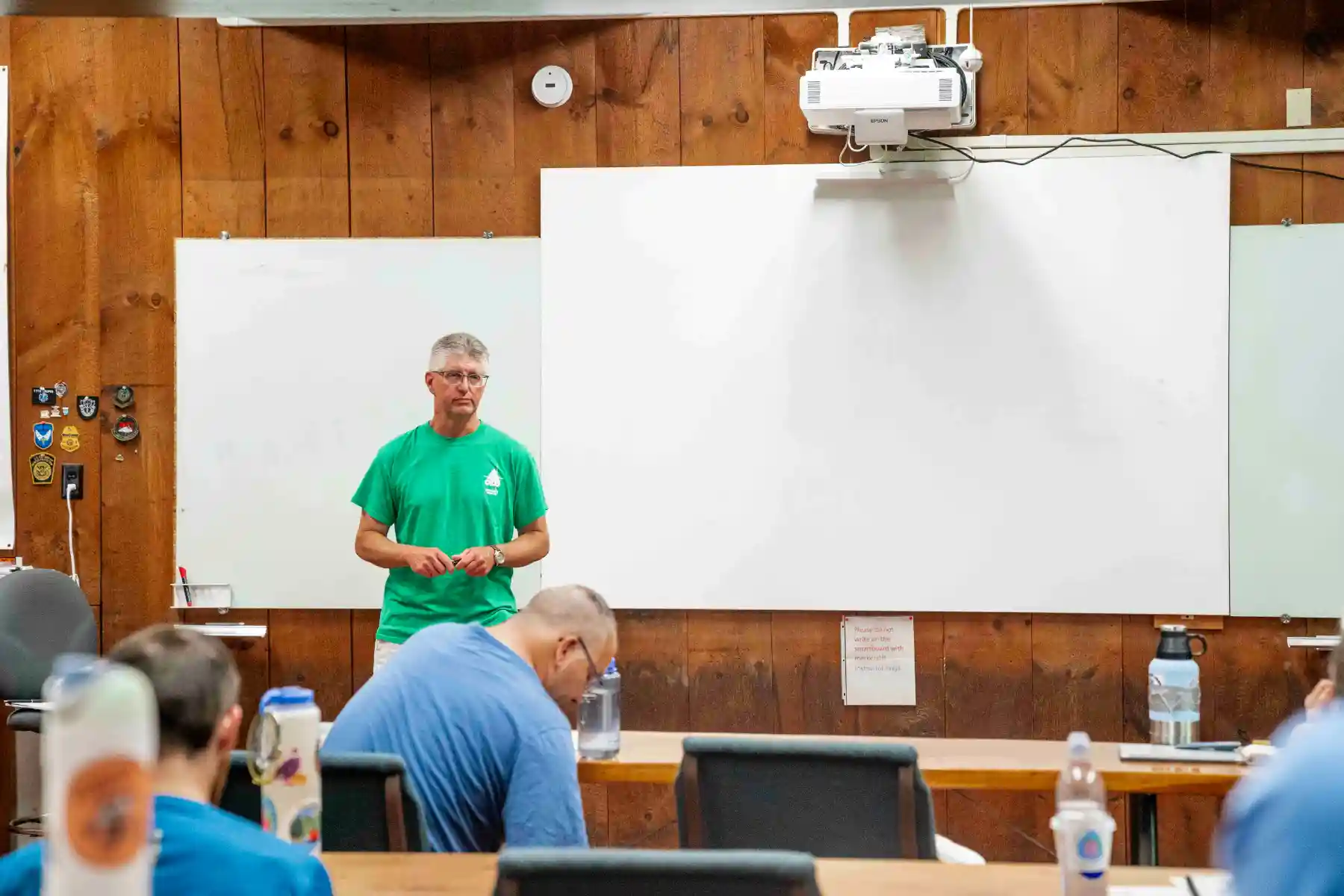











.webp)



%20.webp)













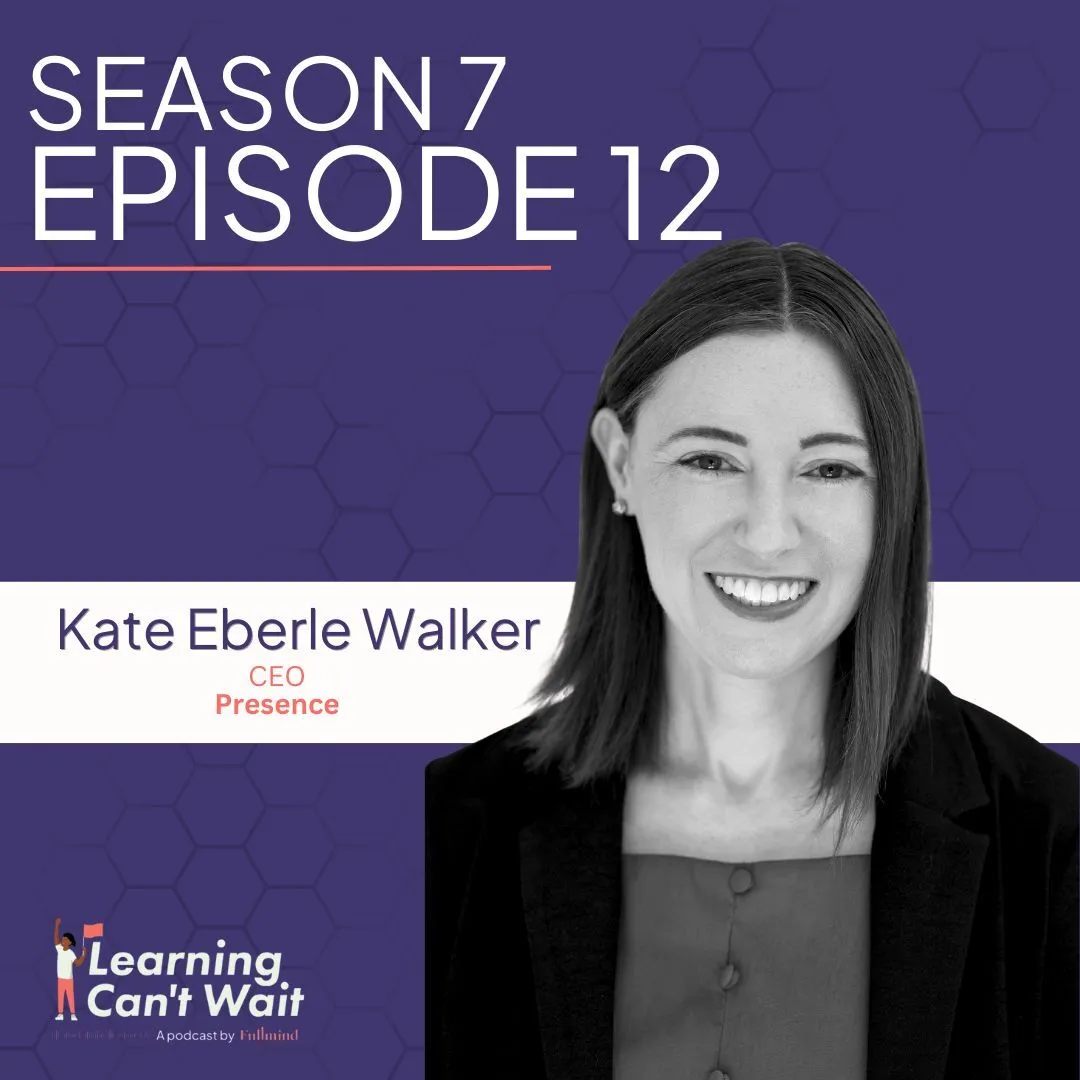










.webp)

.webp)


.webp)